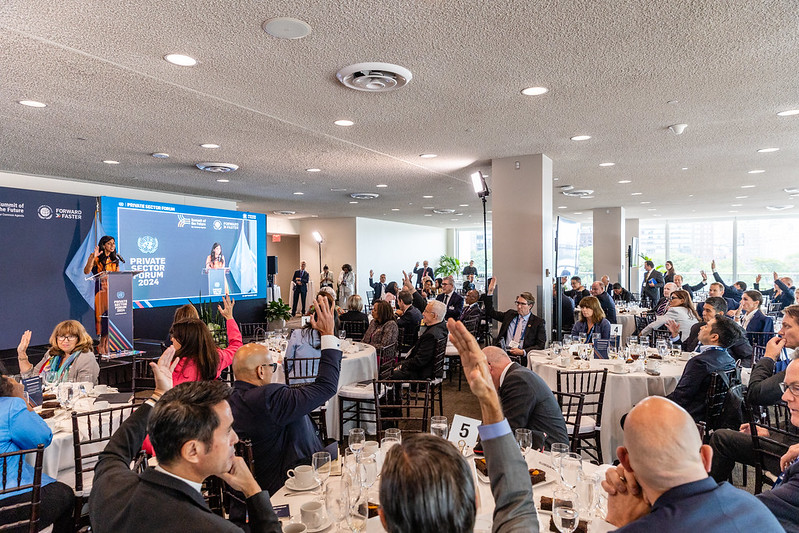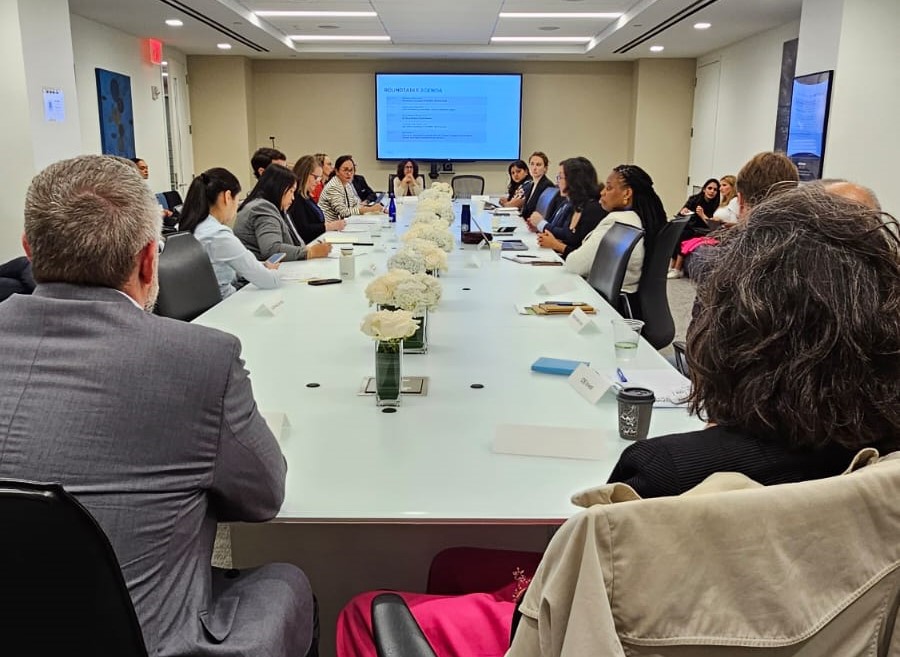Indonesia Global Compact Network (IGCN) held the Business Sustainability Forum to promote global sustainability and to gain global awareness about environment preservation through water sustainability and waste management in Indonesia.
As Prof. Shabaz Khan Ph.D., Director UNESCO Regional Science Bureau for Asia and the Pacific and UNESCO Representative for Brunei Darussalam, Indonesia, Malaysia, the Philippines, and Timor-Leste stated, “Globally, the Government from all countries has to acknowledge that there are three recognition of key global challenges: climate / global change (natural disaster, rising sea level), poverty, and population growth, and has to react accordingly for a sustainable world.” At the same time, business industries have to take a lead in combatting global warming issues, which are water sustainability and waste management to achieve successful environment preservation.
Water is a very precious natural resource. Many countries have easy access to clean, natural spring water, while some other have to desalinate it first. However, due to global warming combined with inadequate management and excessive pollution, the water level is freefalling. Low levels of clean water pose large risk, so everyone must look into it to find solutions immediately.
Population number is rising rapidly, so does the consumption of clean water. Unfortunately, the supply of clean water is lower compared to the demand.
According to Dewi P. Bramono, VP Environment IGCN, over 800 million people do not have access to clean and save water. In other words, 1 out of 9 people in the world have only access to unsanitary water.
As one of the main and busiest islands in Indonesia, Java is in critical levels regarding water demand. It was explained during the forum that the water demand is around 78.263 billion m3, whereas the supply only 30.569 billion m3.
“Renewing our commitment to conserve nature is not a matter of choice. It is imperative to prepare resilient community to face challenges. It would need partnership of all sectors to stop global warming, because if the temperature is growing, all the creatures will be extinct,” said Dr. Ir. Agus Justianto, MSc., Senior Advisor, Minister of the Environment and Forestry.
Knowing the need for clean water is at an alarming rate, people are asking what have been and will be done to achieve sustainable water management?
People are taking steps to support sustainable water management. For instance, Mrs. Debora R. Tjandrakusuma, Legal and Corporate Affairs Director of Nestle Indonesia explained how Nestle depends on water, so they ensure sustainable water management is practiced by ”…reducing water usage in production, waste water treatment plant, and rain water harvesting to be used for factory operation non-production,” she stated.
Besides water management, we also have to deal with our waste properly to have a sustainable life.
Managing waste is better when it involves collaborative work. Even though there are many types of waste, people could manage the waste they generate easier if everyone is on the same page.
Adequate waste management requires collaborative work among communities. It is a surprisingly large problem, so it would be a burden to bear alone. Ms. Marta Muslin, Management Board, Eco Flores for Responsible Tourism Development and Environment explained how waste management must be done by everyone collectively – having the same strategy and initiative, that is.
Collective strategy has to be supported by innovative thinking. “We have to be innovative and be engaged with the recycling industry and garbage collectors,” she explained how innovation and engagement with people working every day in managing waste may result in unthinkable methods.
The number of waste is huge, and the types are various. There are different types of waste, such as organic, non-organic, food and garden waste, and e-waste. However, one of the subtlest waste that not many people realize are e-waste that are produced from various appliances, including kitchen appliances and mobile phone, to name a few. “The waste of technology is improving. It is a growing concern which we must take care properly,” said Budianto Iskandar – Director, Service Division, PT Datascript.
It is the duty of the public to manage their waste correctly under government regulations. Without proper management, nature will be gone, and the world will disappear in the near future. Partnership is required between the society, the workers, industry leaders, government, and NGOs to ensure both waste and water management would be successfully managed.





